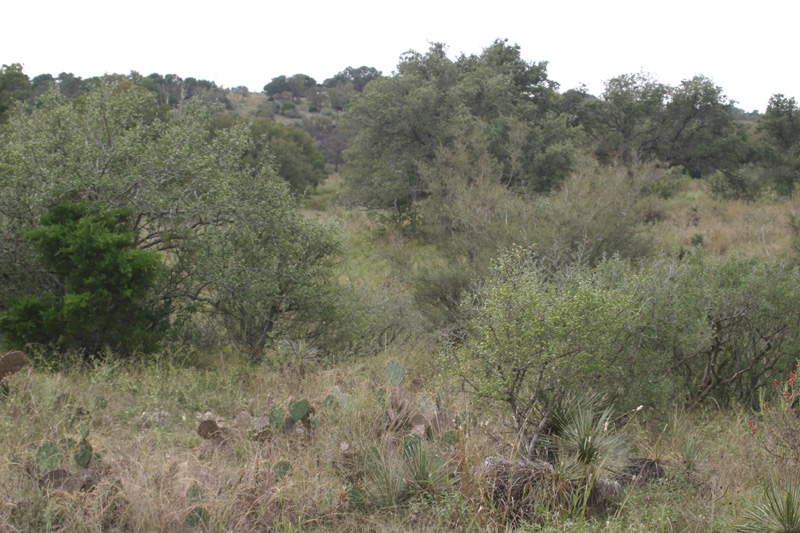The Texas A&M AgriLife Extension Service is hosting a multi-county Range and Wildlife Management Field Day May 6 in Coryell County for landowners interested in managing both wildlife and livestock on their ranches. The multi-county field day is from 8 a.m.-1 p.m. at the Harman School Community Center, located about four miles off of Farm-to-Market Road 580 on Harmon Road, and the field portion will be from 1-4 p.m. at the Hannah Ranch following lunch.
“Many landowners in Texas are beginning to see the value in managing for wildlife on their ranch,” said Brian Hays, associate director of the Texas A&M Institute of Renewable Natural Resources and a speaker at the program. “Landowners interested in wildlife management and habitat can take advantage of various incentive programs to diversify their income through good land stewardship for livestock and wildlife.”
Pasquale Swaner, AgriLife Extension agent for Coryell County, said various AgriLife Extension staff will discuss turkey and quail biology and management, feral hog biology and abatement, and rangeland evaluation during the morning session. A Texas Parks and Wildlife Department expert will speak on wildlife management planning and Proposition 11, which allows landowners to retain their agricultural property tax valuation for wildlife management. A U.S. Department of Agriculture Natural Resources Conservation Service expert will discuss proper brush management techniques such as dozing, prescribed fire and herbicide application. Continue reading Wildlife Management Field Day for Coryell, Hamilton & Lampasas Counties, Texas
